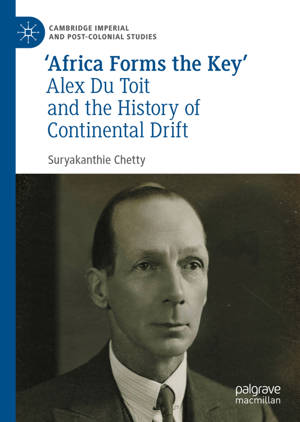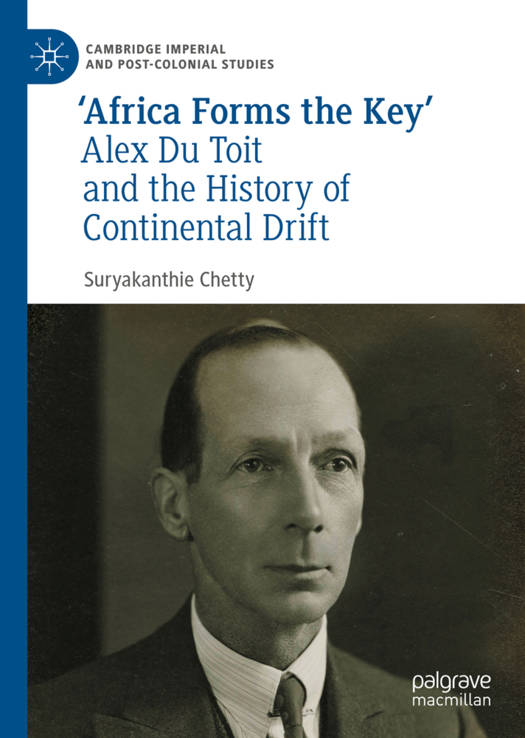
- Afhalen na 1 uur in een winkel met voorraad
- Gratis thuislevering in België vanaf € 30
- Ruim aanbod met 7 miljoen producten
- Afhalen na 1 uur in een winkel met voorraad
- Gratis thuislevering in België vanaf € 30
- Ruim aanbod met 7 miljoen producten
Omschrijving
This book examines the work of prominent South African geologist Alex Du Toit as a means of understanding the debate around continental drift both in segregation-era South Africa and internationally. It contextualises Du Toit's work within a particularly formative period of South African science, from the paleoanthropological discoveries that sparked debates about the origins of humankind to Jan Smuts' own theory of holism. Beyond South African scientific discoveries, the book sets Du Toit's work against a backdrop of ideological struggles over space, both domestically in terms of segregation and nationalism, as well as internationally as South Africa sought to assert its position within the Commonwealth. These debates were embodied by Du Toit's work on the theory of continental drift, which put Africa - and South Africa - at the centre geologically and geographically.
The author also focuses on the divisions in geology caused by drift theory, tracing the vigorous intellectual debate and dissent indicative of the ideological milieu within which scientific thought is constructed. It traces the history of continental drift from its inception in the nineteenth century and later work of Alfred Wegener, which was both elaborated upon and substantiated by Du Toit. The study further focuses on Du Toit's research on continental drift in South African and South America, and the geological, fossil and climatological evidence used to bolster this theory.
Specificaties
Betrokkenen
- Auteur(s):
- Uitgeverij:
Inhoud
- Aantal bladzijden:
- 271
- Taal:
- Engels
- Reeks:
Eigenschappen
- Productcode (EAN):
- 9783030527105
- Verschijningsdatum:
- 5/01/2021
- Uitvoering:
- Hardcover
- Formaat:
- Genaaid
- Afmetingen:
- 148 mm x 210 mm
- Gewicht:
- 489 g

Alleen bij Standaard Boekhandel
Beoordelingen
We publiceren alleen reviews die voldoen aan de voorwaarden voor reviews. Bekijk onze voorwaarden voor reviews.











